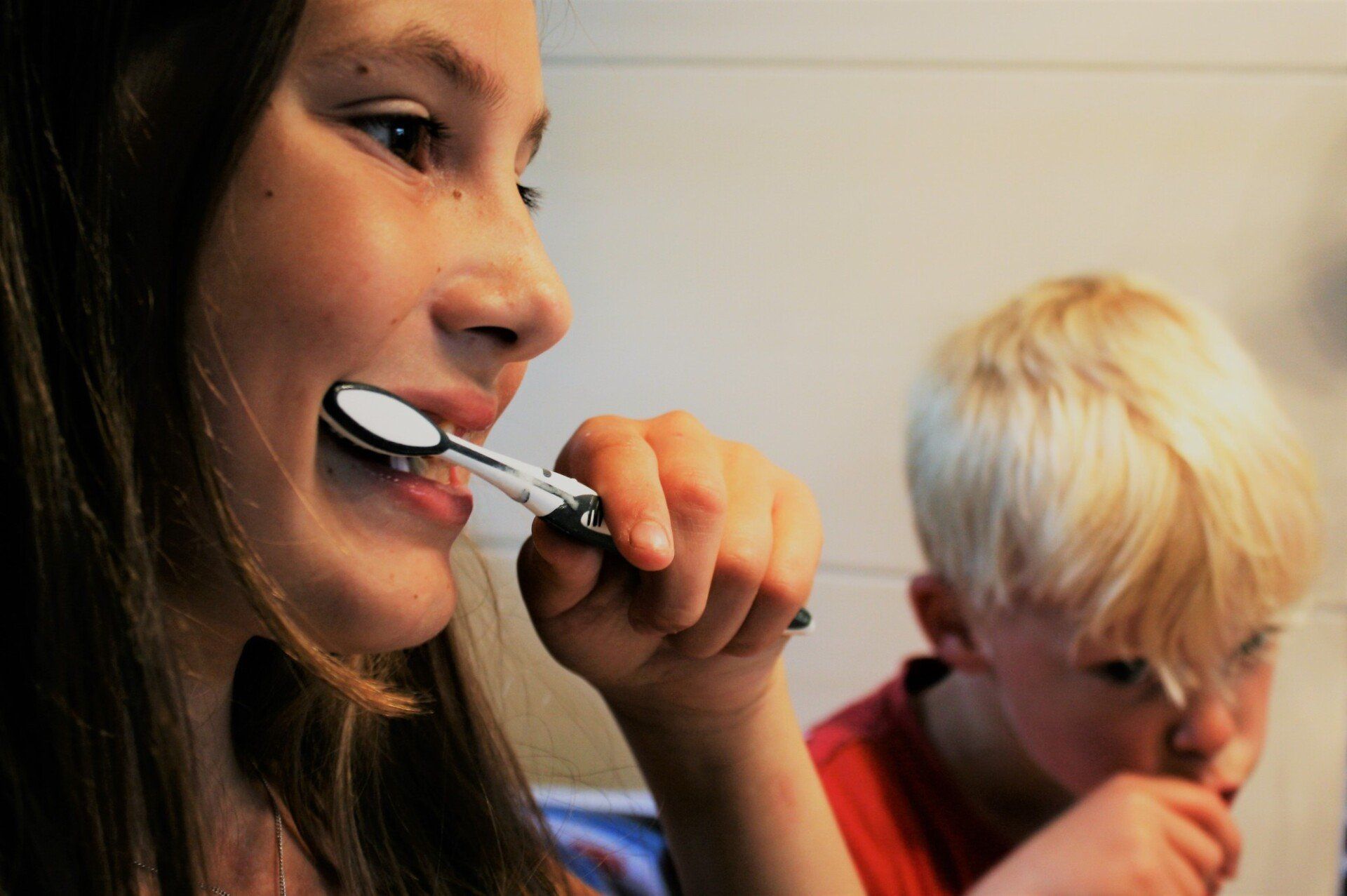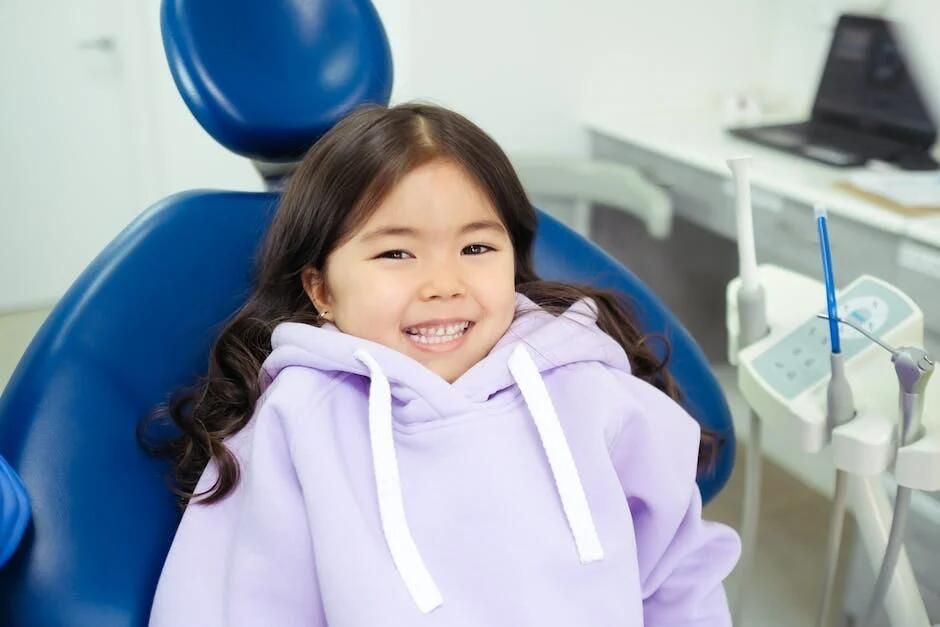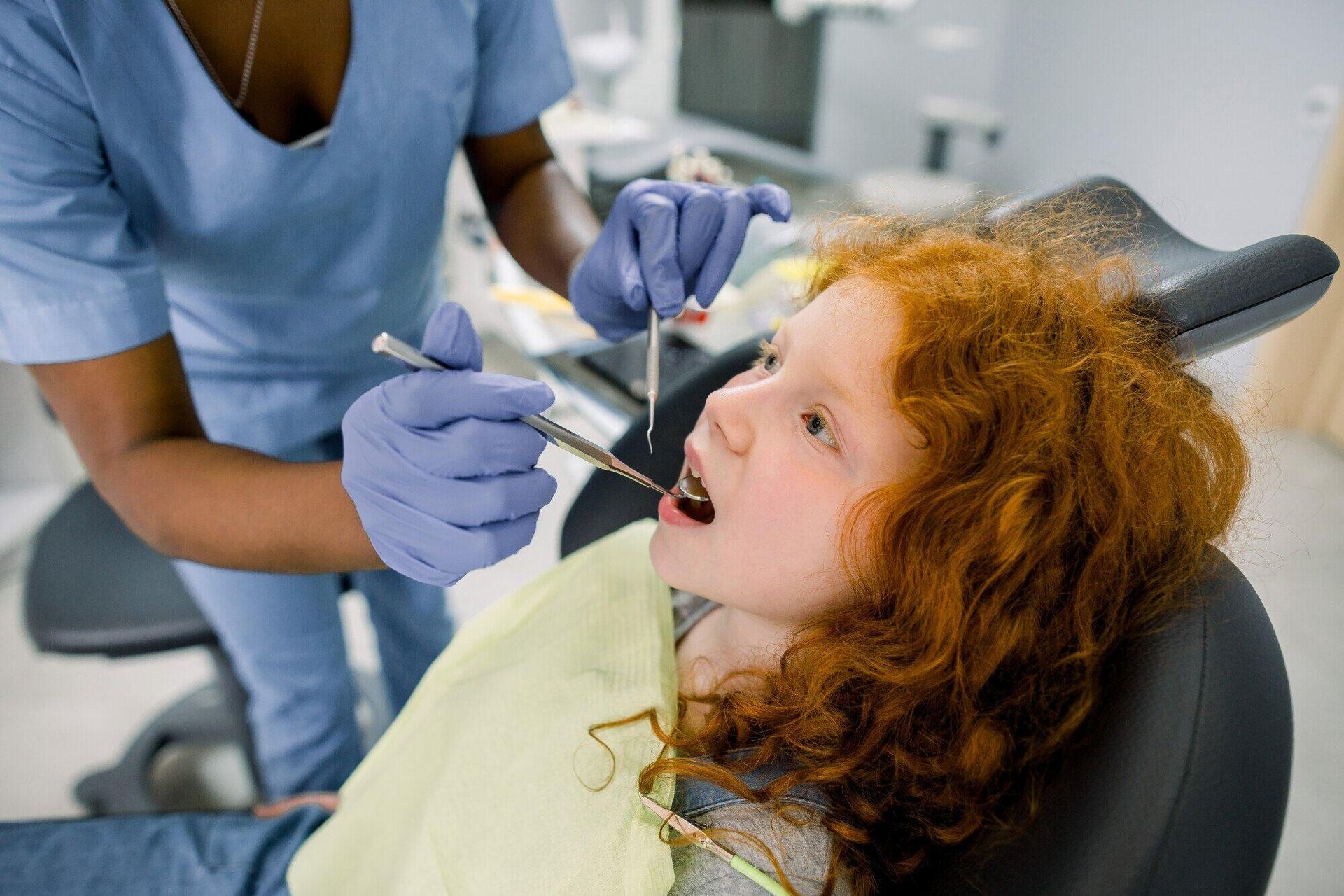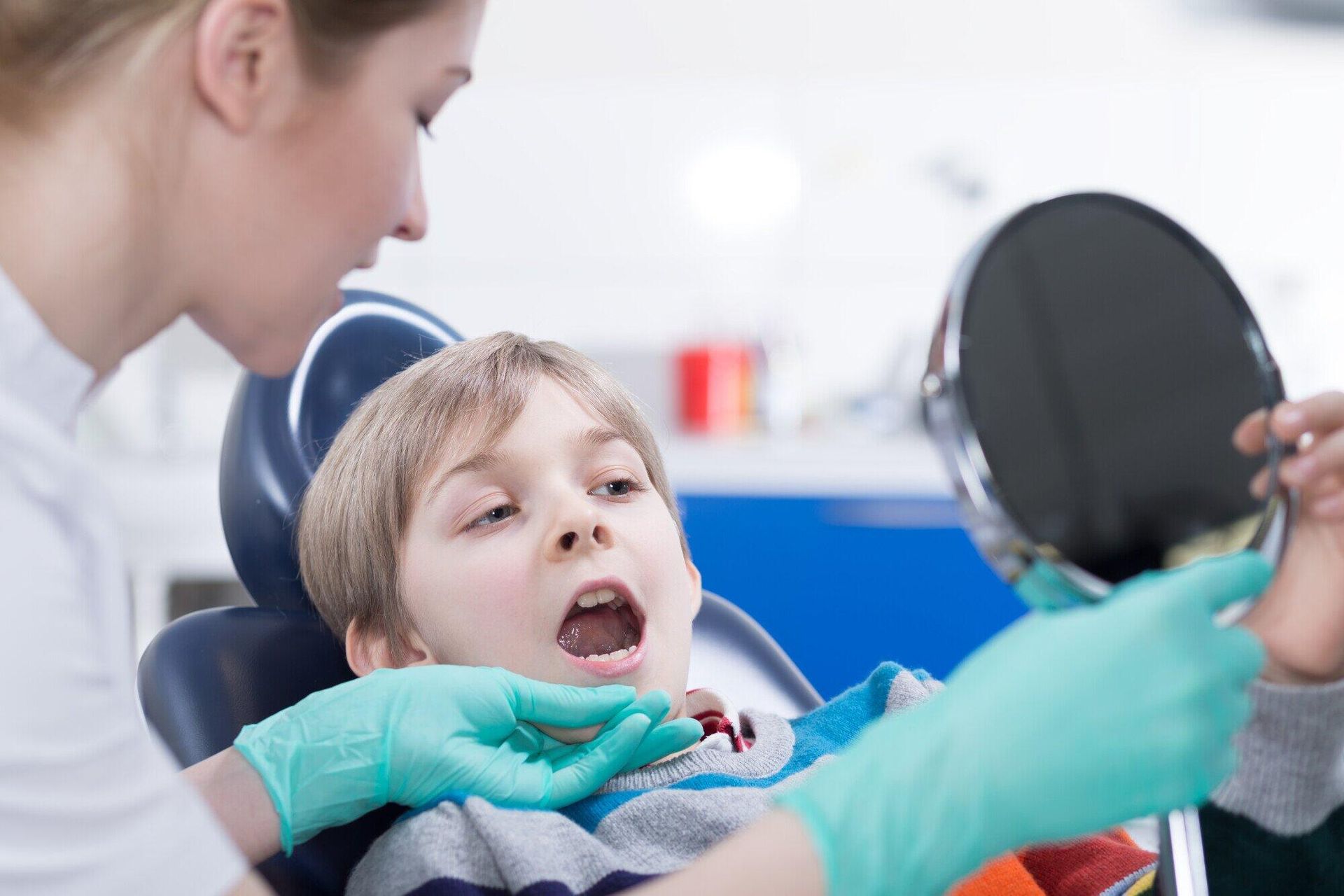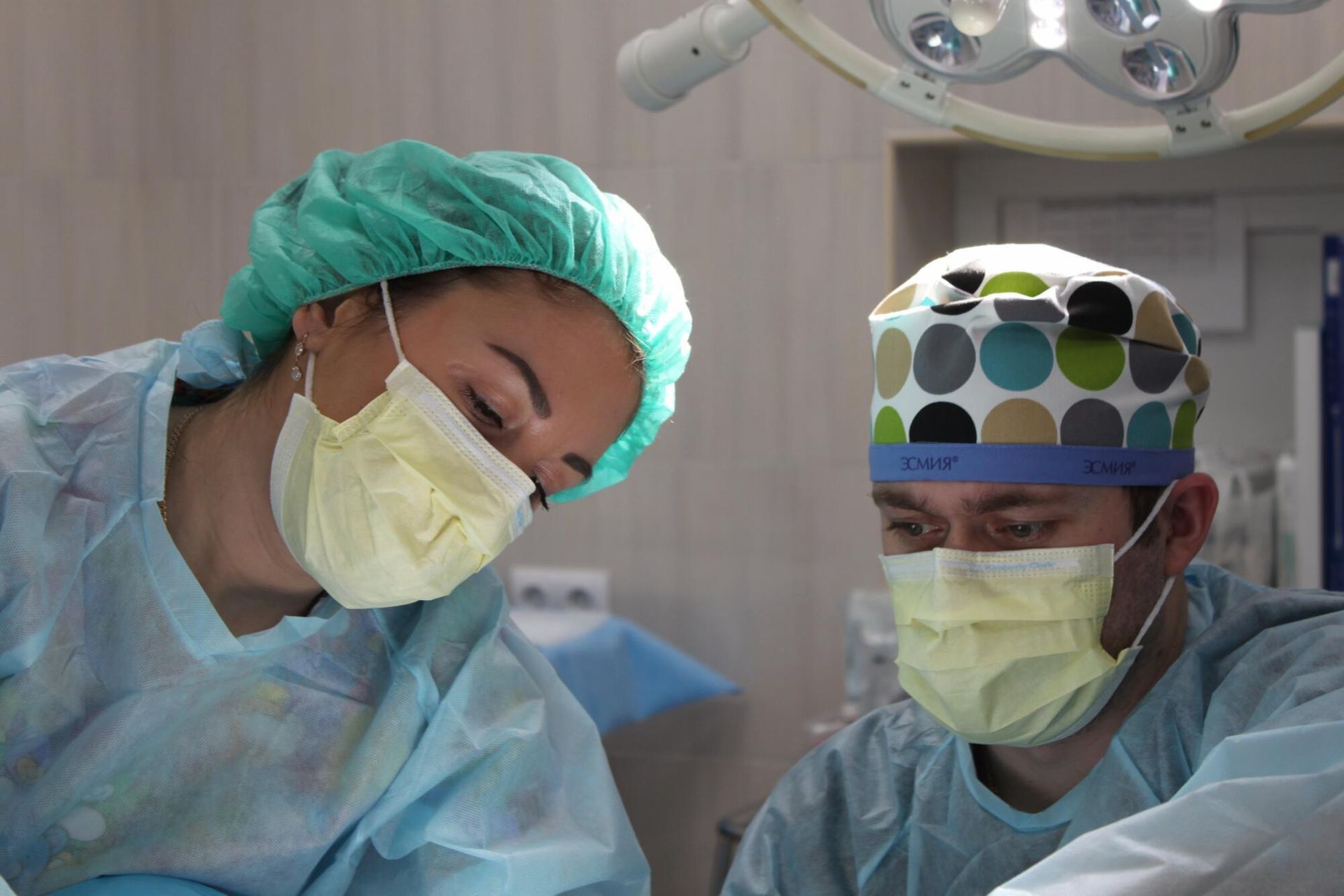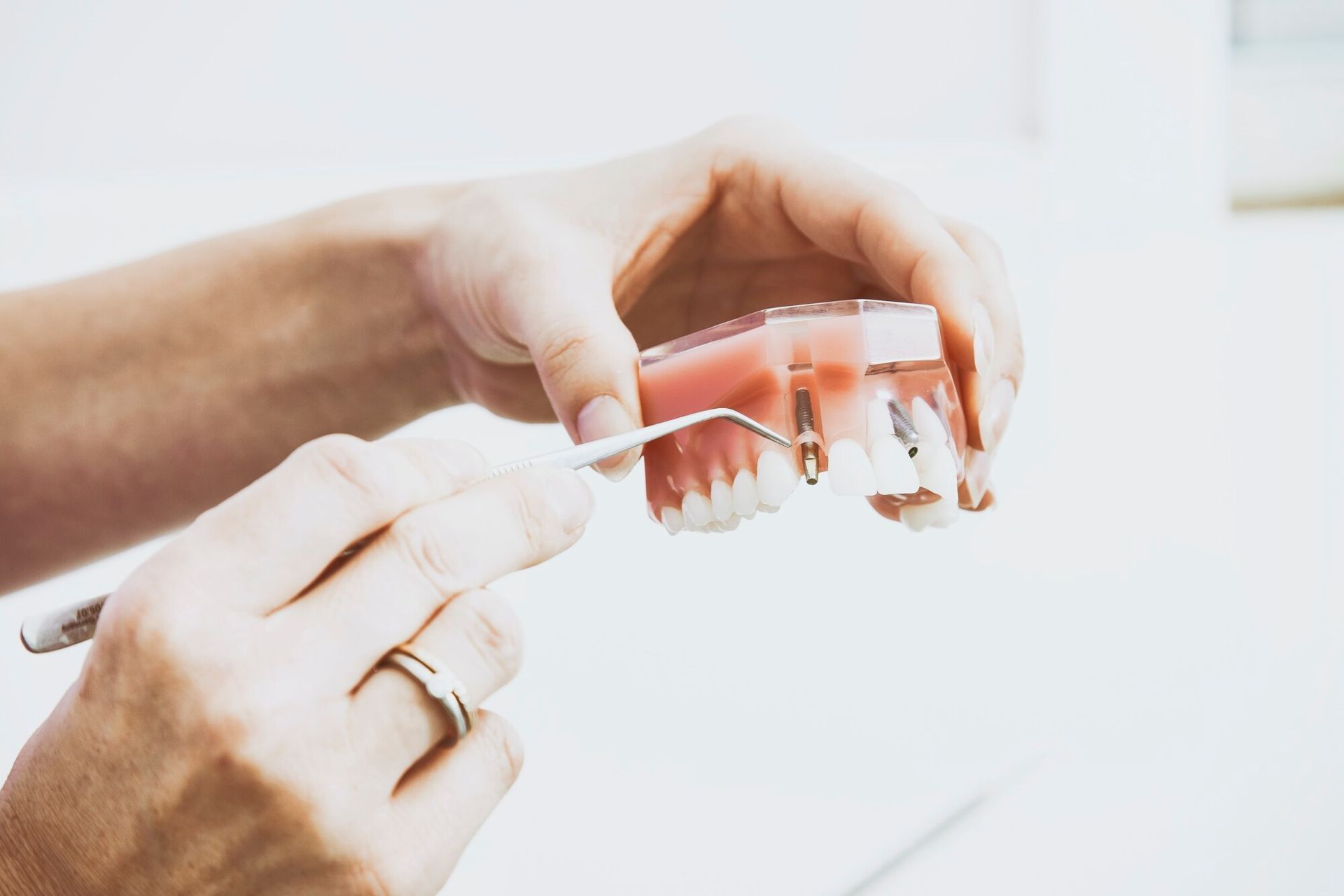How We Keep Kids Safe During Oral Surgery
About 75% of American schoolchildren have dental cavities requiring dental care. That's why proper oral hygiene is so essential for young children.
Parents who don't take care of their children's teeth risk more severe issues like tooth decay, which can require oral surgery for kids. But how safe is your child while the pediatric dentist works on them? Do you have to be concerned?
For answers to these questions, keep reading. As a dentist in Friendswood, TX, we can tell you how to take care of your child while undergoing oral surgery.
What Is a Pediatric Dentist?
A pediatric dentist is an oral practitioner who works on children from infancy until they reach their teenage years. These dentists have extensively studied how to care for your child's teeth and gums throughout childhood.
Typically, a dentist in pediatric dentistry has completed at least four years of dental school and two more years of residency training. Along with learning how to care for your child's mouth, pediatric dentists also know how to work with children who may not always be fully cooperative.
Pediatric dentists typically offer everything from cleaning and fluoride treatments to taking x-rays and handling cavities and extractions.
What Procedures Are Typically Offered?
There are many reasons your child may need a trip to the dentist. Most pediatric dental offices deal with several tooth or gum procedures and may offer the following dental services:
- Dental implants
- Wisdom teeth care
- Tooth extraction procedures
- Jaw surgery
- Facial trauma
- Anesthesia
- Pre-prosthetic surgery
- 3D imaging
- Oral Pathology
Some of these procedures require your child to be booked for oral surgery. This may mean they need sedation or anesthesiology. These tooth problems include the following:
Root Canals
If your child's primary teeth develop issues, it could affect the permanent teeth that follow them. The last thing you want is for your child's tooth to become infected, so sometimes, a root canal is necessary.
Wisdom Teeth
Many people will remember having their wisdom teeth removed at a young age. If these teeth are improperly aligned, it's essential to extract them so the other teeth don't fall out of alignment. This is typically your child's last procedure with their pediatric dentist.
Misaligned Bites
Misaligned bites, also called malocclusions, are typically inherited from a parent but can develop independently. Some causes of a misaligned bite are extra teeth, misaligned jaws, or actions like thumb sucking. Your dentist will discuss what procedure is required for this dental disorder.
Misaligned Teeth
Misaligned teeth may sometimes require a tooth extraction. This extraction allows the remaining teeth to spread out, and they no longer will need to fight for space, which is what causes the misalignment.
Risks of Oral Surgery
With any operation, there are associated risks involved. Being concerned about your child's well-being during dentistry is perfectly natural. While there is a slight risk associated with administering anesthesia, the medical professional will have been extensively trained and fully certified.
If the surgery is a significant procedure, it's typically performed in a local hospital or surgical center, so your child will have additional medical professionals looking over their care.
Keeping Kids Safe During Oral Surgery
Discuss your concerns with the dentist if you're concerned about your child undergoing a dental procedure. They should be able to answer any questions you may have. Otherwise, you can do the following:
Ask Their Reasoning
If you're unsure if sedation is necessary, ask your dentist why they require your child to be sedated. Most likely, your pediatric dentist will offer sedation only for longer, more complex, painful procedures. Additionally, it may also be required if your child is particularly young or nervous.
Review the Anesthesiologist
As a parent, you can choose what anesthesiologist works on your child. You want to request to use an MD anesthesiologist. This anesthesiologist should be certified by the American Board of Anesthesiology (ABA).
You also want to ensure they've done some fellowship training in pediatric anesthesiology in a reputable hospital.
Ask the Emergency Plan
Another thing that's essential to enquire about is the anesthesiologist's emergency plan, should any arise. You should ensure the anesthesiologist that you choose has the following:
- A hospital-quality emergency cart with resuscitation equipment that is specifically for children
- A team of personnel trained in Pediatric Advanced Life Support (PALS)
- Accreditation by an accrediting agency such as the Accreditation Association for Ambulatory Health Care (AAAHC) or the Institute for Medical Quality (IMQ)
- Equipment that's been kept up to hospital standards
The pediatric dentist should also work to ensure the safety of your child. For example, your child will be closely monitored to ensure their safety while undergoing the procedure.
Questions to Ask Your Pediatric Dentist
The ADA recommends asking specific questions before approving your child for sedation. Some of these questions include:
- How will my child's medical history, such as allergies, prescription medications, previous illnesses, and hospitalizations, be evaluated before surgery?
- In preparation for the procedure, how much time should my child be without food and drink?
- What sedation medications will my child receive at home before coming to the office, and how should they be monitored if so?
- What kind of monitoring will my child receive before, during, and after the procedure?
- After I return home, will I receive instructions and emergency contact information from the sedation/anesthesia provider?
If your pediatric dentist can not answer these questions sufficiently before your kid's oral surgery, find a different dentist who can.
Find the Best Pediatric Dentist in Friendswood, TX
As a parent, there is no escaping taking your child to the dentist. Ideally, your child should be visiting one for regular cleanings and checkups, and sometimes your dentist can spot something more serious. If your child needs to undergo oral surgery, take time to familiarise yourself with the procedure and ask your pediatric dentist as many questions as you need.
If you need a pediatric dentist in Friendswood, TX, contact us today to book an appointment for your child.
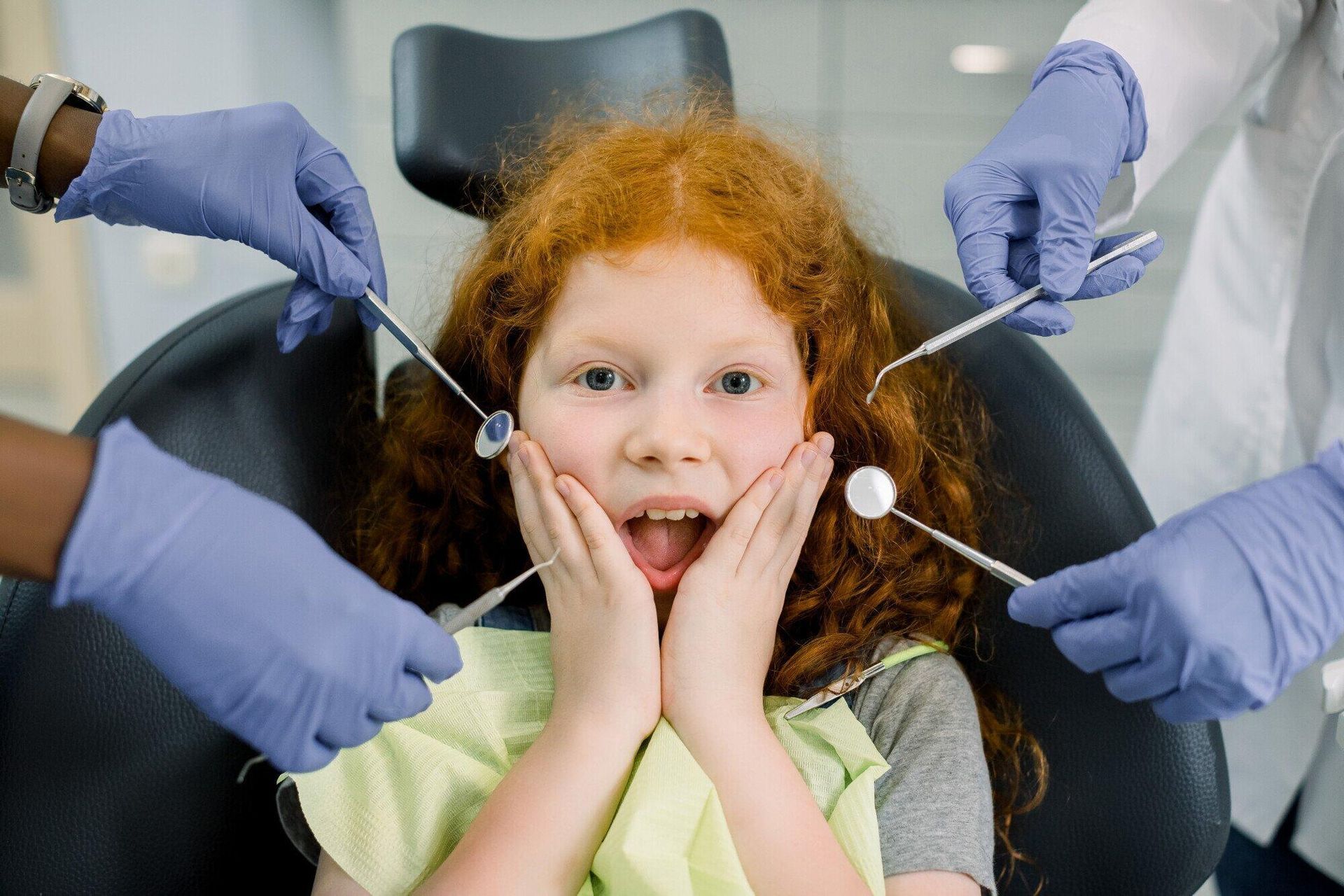
For Kids
For Adults
All Rights Reserved | Dentistry 4 Children | Bay Area Dental Specialists
Website designed and maintained by Xpress, INC


